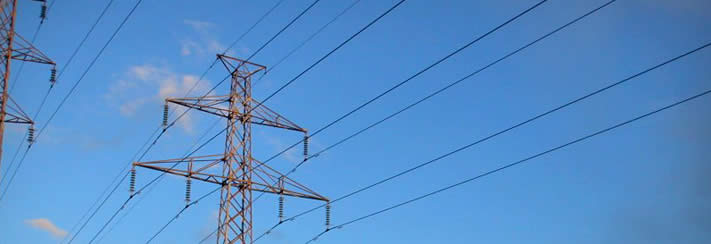Indian regulations a jolt for would-be electricity exporters from Nepal
Kathmandu, July 5
Electricity export to the Indian market will be difficult, as the southern neighbour has introduced stringent regulation on cross-border electricity trade.
The regulation issued by Central Electricity Regulatory Commission for Nepal, Bangladesh, Bhutan and Myanmar seeks INR 10 million per megawatt as bank guarantee to utilise India’s transmission network and only those hydropower projects with capacity to generate 50 megawatts and above will be granted grid connectivity to export electricity to the Indian market.
The regulation was introduced based on the ‘Guidelines on Cross Border Trade of Electricity’ issued by India’s Ministry of Power in December that provides preferential treatment to projects with Indian investment and those with government investment of the concerned countries.
As per the regulation, companies fully owned by the governments of the concerned countries and those having 51 per cent equity investment of Indian public and private companies can export power to the Indian market after obtaining one-time approval from the designated authority in India. However, power generators who do not fulfil the above mentioned criteria but want to participate in cross-border trade of electricity shall be eligible to obtain approval only on a case-by-case basis.
Nepali power developers say it will be difficult to export electricity to India, as the regulation introduces strict rules for private sector projects. After signing the power trade agreement with India in 2014, Nepali hydel developers were eyeing the power-hungry northern part of India to export electricity.
The Ministry of Energy says it has already put forward its reservations to its counterpart ministry in India since the guidelines are against the spirit of the PTA. Nepal has been seeking easy access to export power to India and regional markets via India.
“As the Indian government has issued a uniform regulation for Nepal, Bangladesh, Bhutan and Myanmar, all the neighbouring countries should lobby together for easy access to the market of the South Asian giant,” said Shailendra Guragain, president of Independent Power Producers’ Association–Nepal.
Nepal drew the attention of the government of India towards the guidelines, which hinder private developers to easily export power to India, during the energy secretary-level talks held in the second week of February. Though Nepal imports electricity from India to cope with rampant power outage, the government does have plans to export electricity to the southern neighbour and cross-border inter-connections are being developed to enhance power trade.






